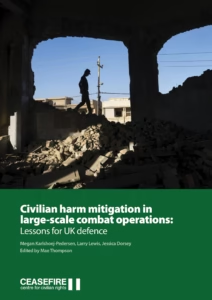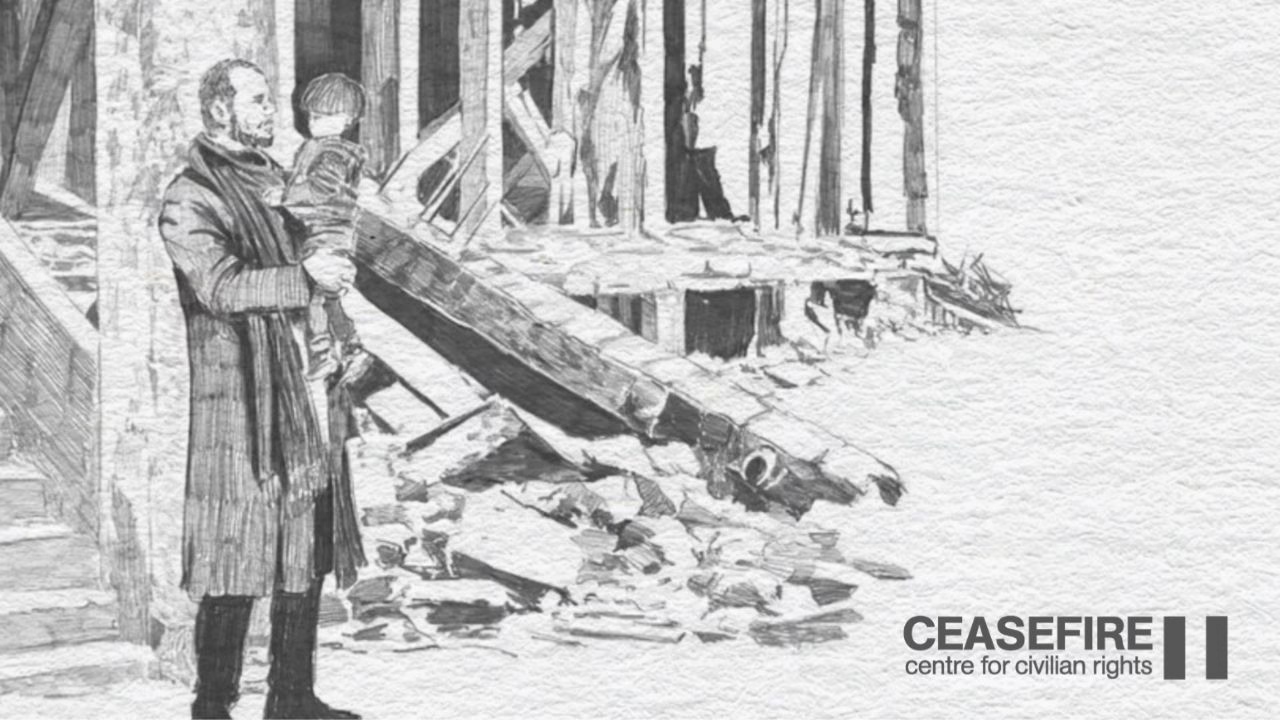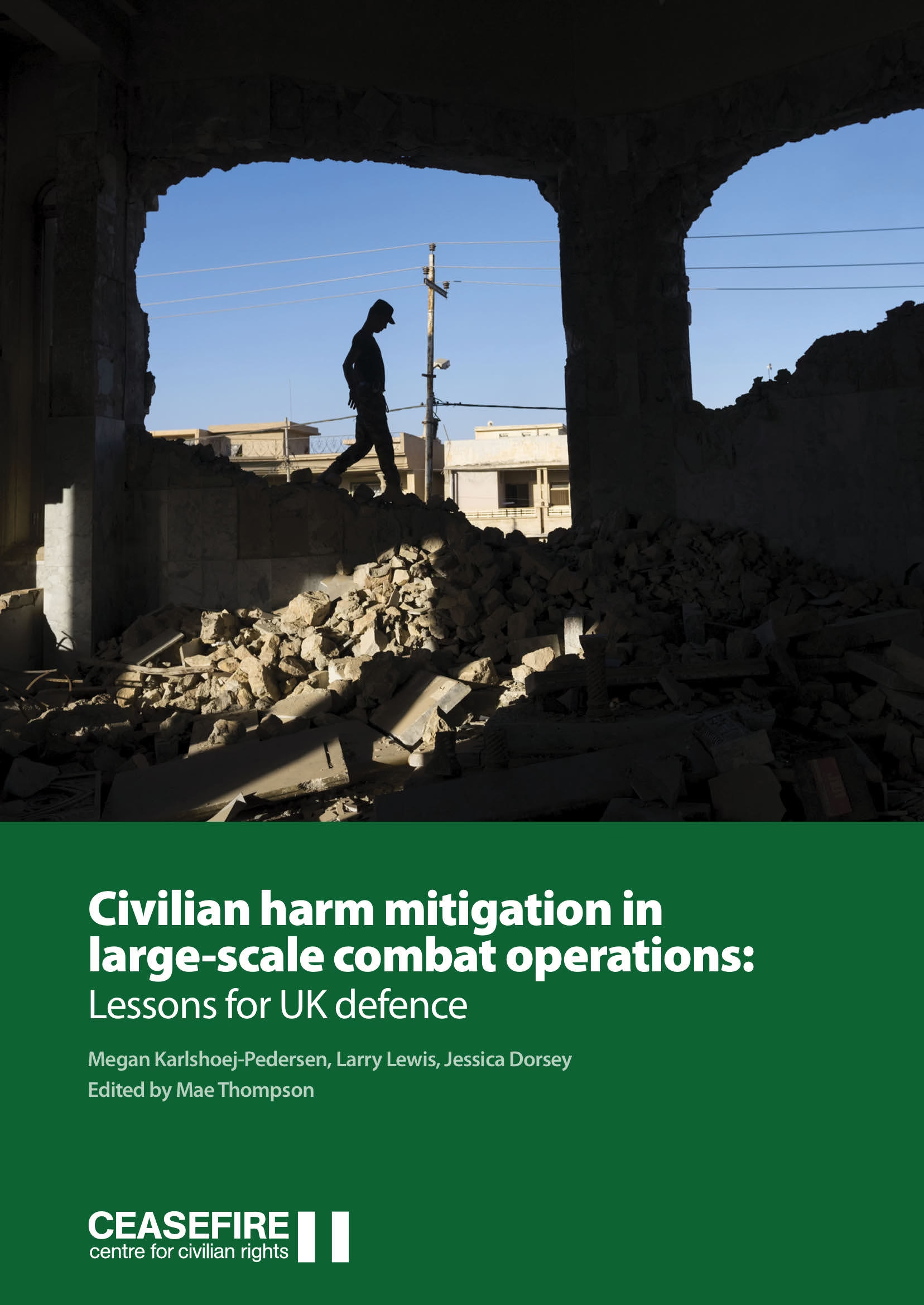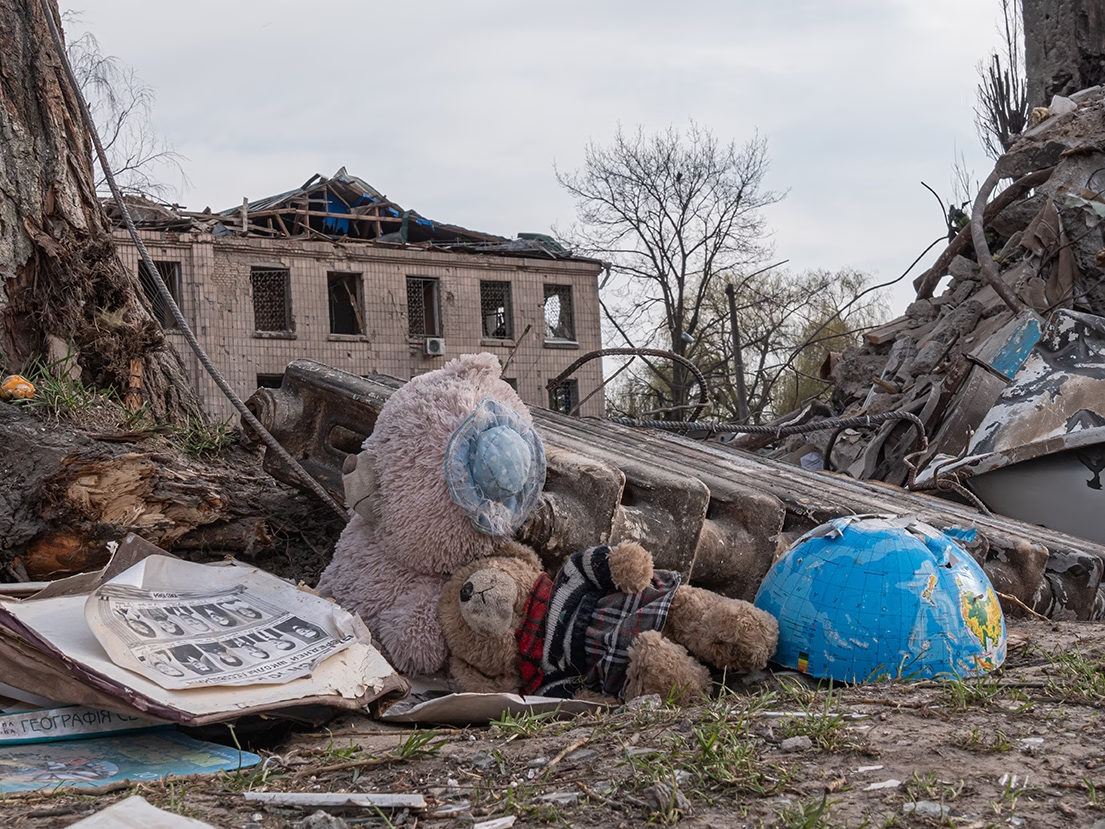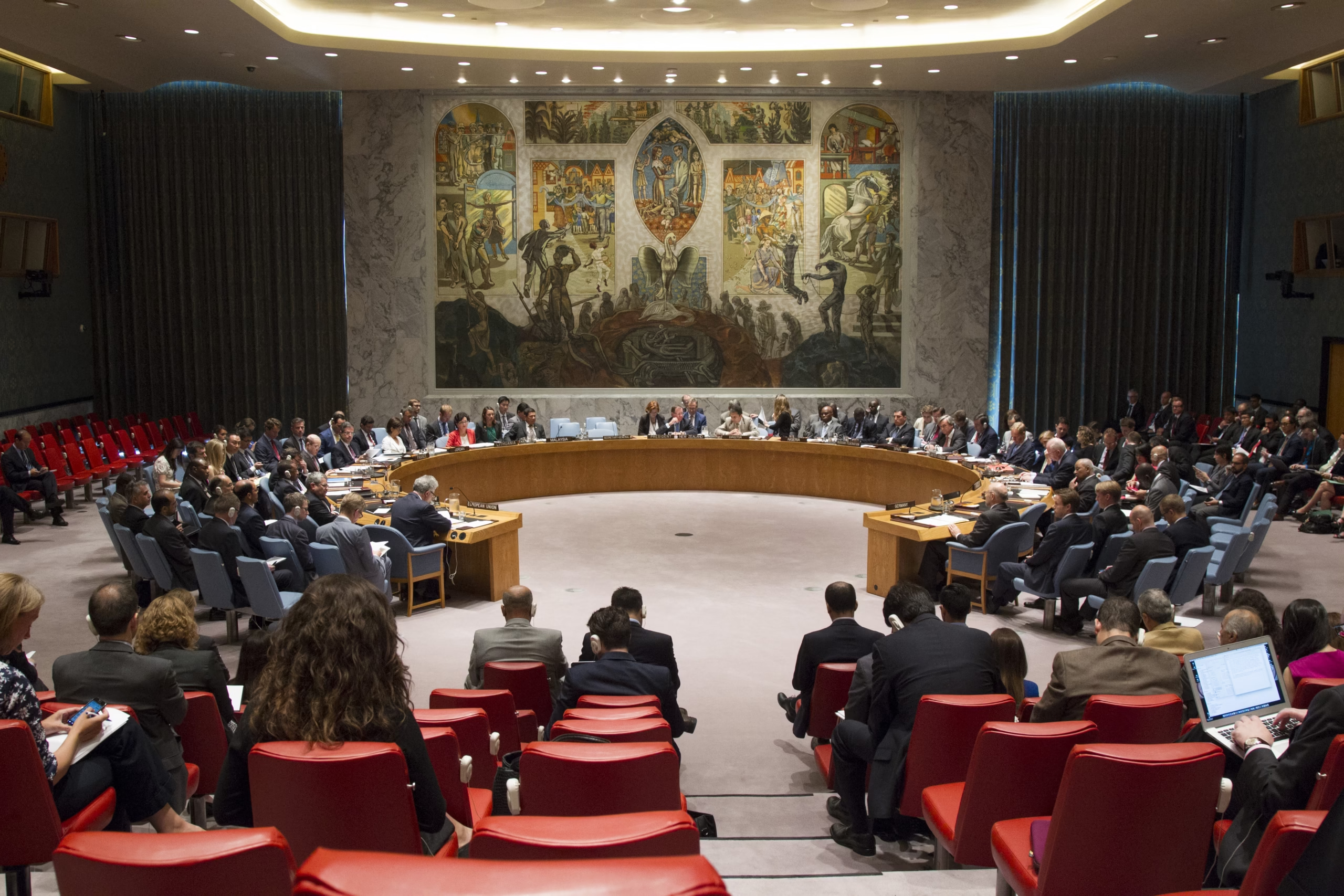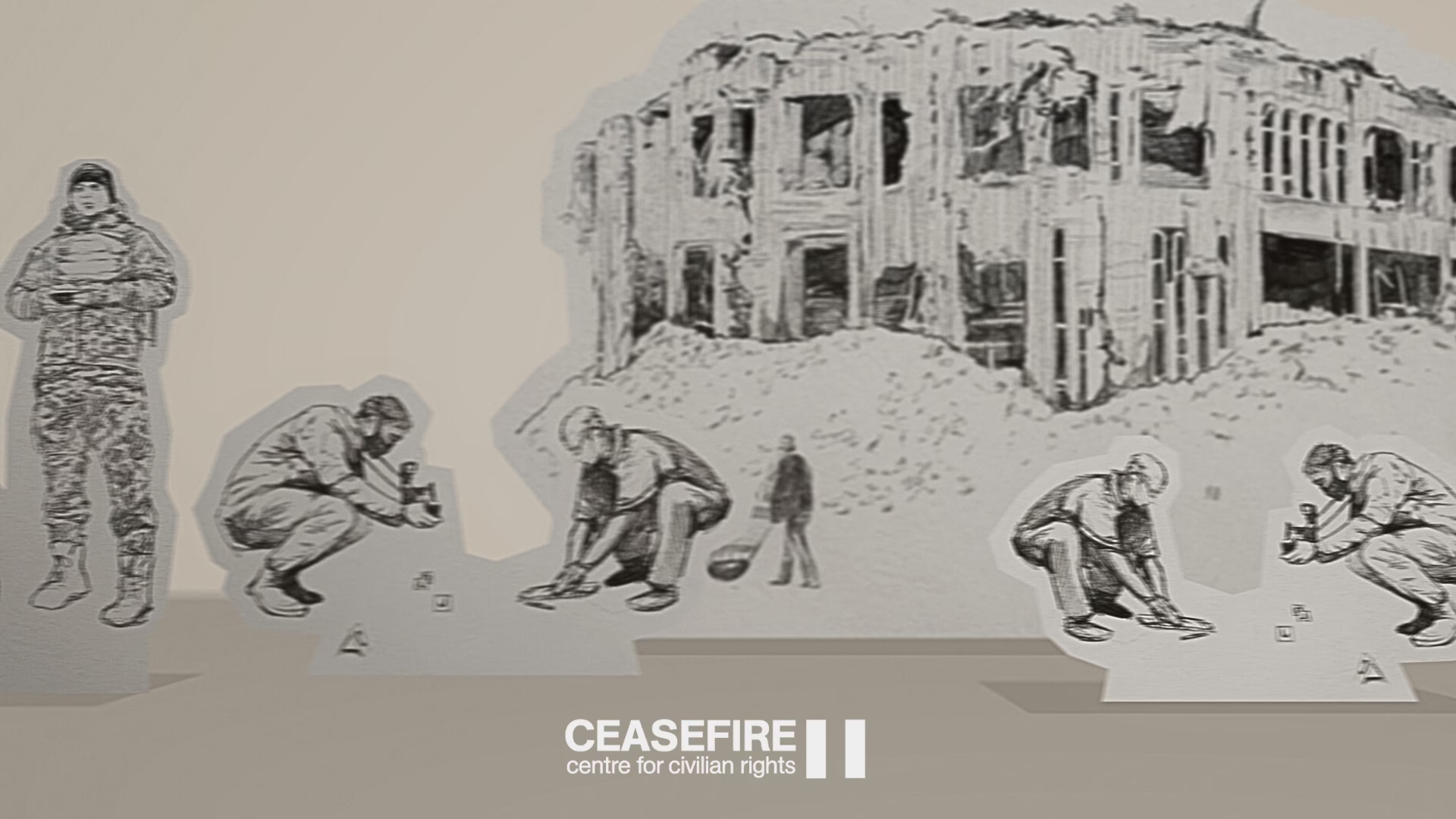March 2020
Described by defence ministers as an attack on ‘lawfare’, the UK government today introduced a new bill creating limits on accountability for violations of international humanitarian law and human rights committed by UK armed forces overseas. CEASEFIRE believes the proposals undermine the UK’s international obligations to suppress war crimes and the crime of torture.
Described by defence ministers as an attack on ‘lawfare’, the UK government today introduced a new bill creating limits on accountability for violations of international humanitarian law and human rights committed by UK armed forces overseas. CEASEFIRE believes the proposals undermine the UK’s international obligations to suppress war crimes and the crime of torture.
‘Defence ministers have set up the straw man of the “vexatious lawyer” to justify limiting accountability for war crimes,’ said Mark Lattimer, CEASEFIRE’s director. ‘But the records of UK public inquiries, court judgments and civil settlements all demonstrate that the cases of abuse are real and serious. The Ministry of Defence should be supporting the armed services to stop violations, not going after those working to expose them.’
To understand the UK’s record in Iraq, read CEASEFIRE’s briefing ‘Seven myths about UK military abuses against civilians in Iraq’.
The new bill:
- creates a statutory presumption against prosecution of current or former service personnel for alleged offences committed more than five years ago while deployed abroad;
- requires courts to take into account the ‘operational context’ when extending normal time limits for civil claims for personal injury and/or death in connection with military operations overseas;
- imposes an absolute limit or ‘longstop’ of six years on bringing claims for personal injury and/or death in connection with military operations overseas;
- requires governments to consider derogating from the European Convention on Human Rights in relation to future overseas operations.
Under the Geneva Conventions, the UN Convention against Torture and under human rights law the UK is obliged to investigate violations of the laws of war and cases of torture and to suppress them. By legislating to limit accountability for such violations – potentially contributing both to impunity and to a lack of redress – the UK will likely be in breach of its obligations under international law.
Certain sexual offences are excluded from the provisions in the bill limiting criminal prosecutions, but not other serious offences – including murder and torture. The measures may also create incentives to prolong or obstruct investigations in order to benefit from the new time limits.
‘Most of the cases of proven and alleged violations in Iraq were perpetrated against civilians – the very people UK armed forces were mandated to protect,’ added Mr Lattimer. ‘Introducing incentives not to undertake genuine investigations into cases of abuse will obstruct justice for civilian victims, both now and in the future.’
Notes for editors: The Overseas Operations (Service Personnel and Veterans) Bill was published on 18 March 2020 and is available here: https://publications.parliament.uk/pa/bills/cbill/58-01/0117/20117.pdf
For further information or for comment, please contact e-mail: contact@ceasefire.org or call Tel: 07970 651342.


